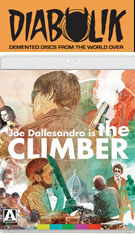
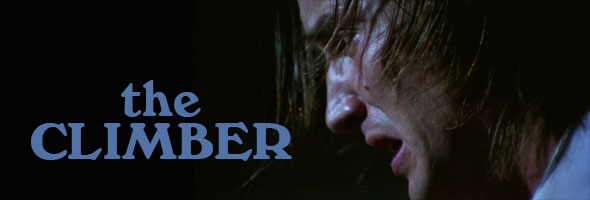
Color, 1975, 107 mins. 30 secs.
Directed by Pasquale Squitieri
Starring Joe Dallesandro, Stefania Casini, Benito Artesi, Ferdinando Murolo
Arrow Video (Blu-ray & DVD) (US/UK RA/B HD/NTSC) / WS (1.85:1) (16:9)


Color, 1975, 107 mins. 30 secs.
Directed by Pasquale Squitieri
Starring Joe Dallesandro, Stefania Casini, Benito Artesi, Ferdinando Murolo
Arrow Video (Blu-ray & DVD) (US/UK RA/B HD/NTSC) / WS (1.85:1) (16:9)
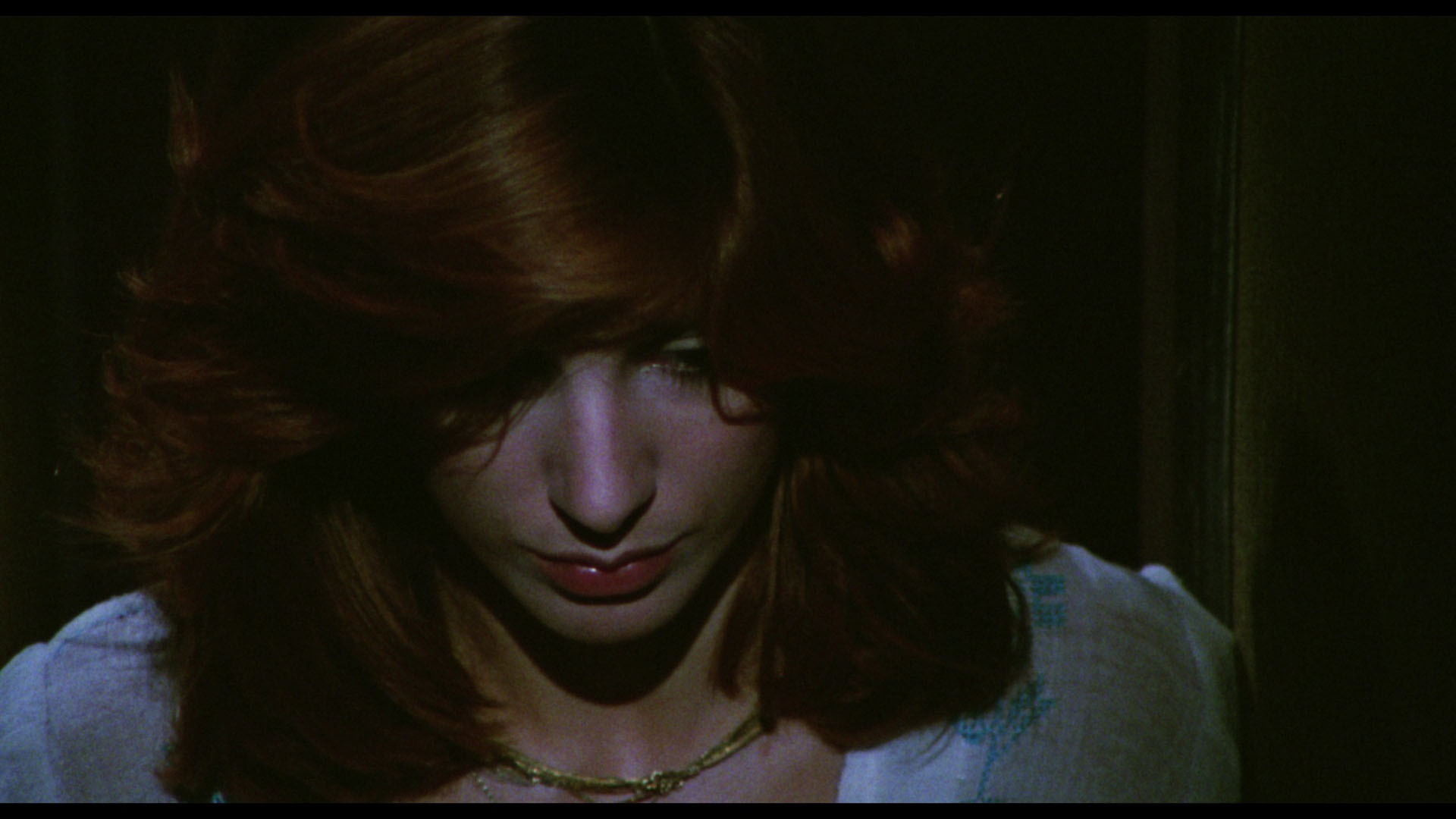
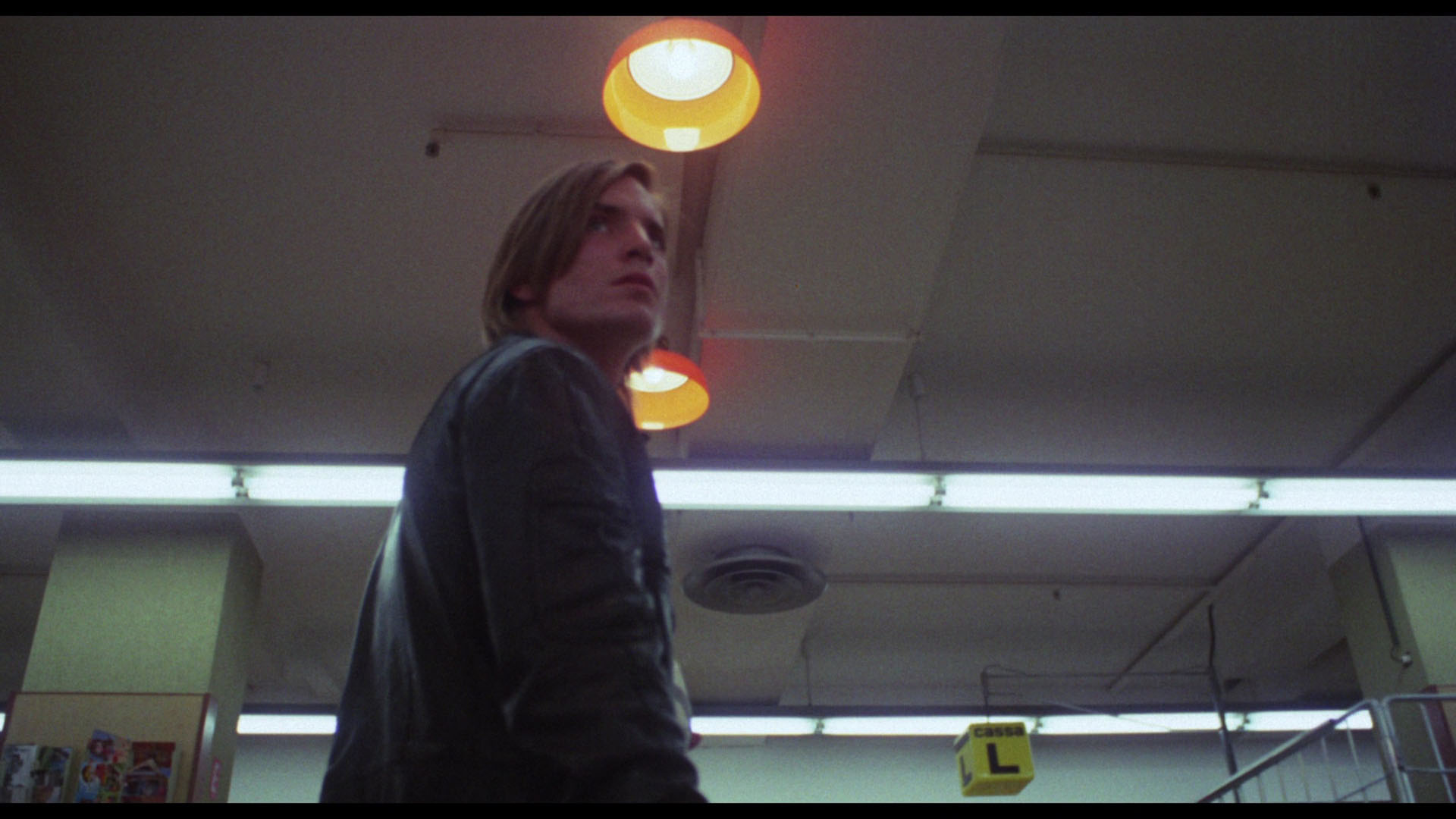 One of the more unlikely European movie stars of the second half of the 1970s was Andy Warhol Factory icon Joe Dallesandro, who became a counterculture sex symbol thanks to a trio of gritty, very candid, and often hilarious films by Paul Morrissey (Flesh, Trash, and Heat). Across the pond Dallesandro managed to land a much wider range of roles than the addicts and hustlers that had made his reputation, instead turning to a balance of action films, thrillers, and heady art projects. Critics frequently lambasted his acting ability, but there was no question the camera loved him and, in the hands of the right director, he could prove his doubters wrong. One example is L'ambizioso, which was titled The Climber (as in social climbing, not mountain) when it was shopped around for English distribution. The film didn't receive much play outside of Japan and a handful of European countries, but it became a bit of a cult favorite on the gray market trading circuit once it hit VHS and has since earned the Arrow Video special edition treatment.
One of the more unlikely European movie stars of the second half of the 1970s was Andy Warhol Factory icon Joe Dallesandro, who became a counterculture sex symbol thanks to a trio of gritty, very candid, and often hilarious films by Paul Morrissey (Flesh, Trash, and Heat). Across the pond Dallesandro managed to land a much wider range of roles than the addicts and hustlers that had made his reputation, instead turning to a balance of action films, thrillers, and heady art projects. Critics frequently lambasted his acting ability, but there was no question the camera loved him and, in the hands of the right director, he could prove his doubters wrong. One example is L'ambizioso, which was titled The Climber (as in social climbing, not mountain) when it was shopped around for English distribution. The film didn't receive much play outside of Japan and a handful of European countries, but it became a bit of a cult favorite on the gray market trading circuit once it hit VHS and has since earned the Arrow Video special edition treatment.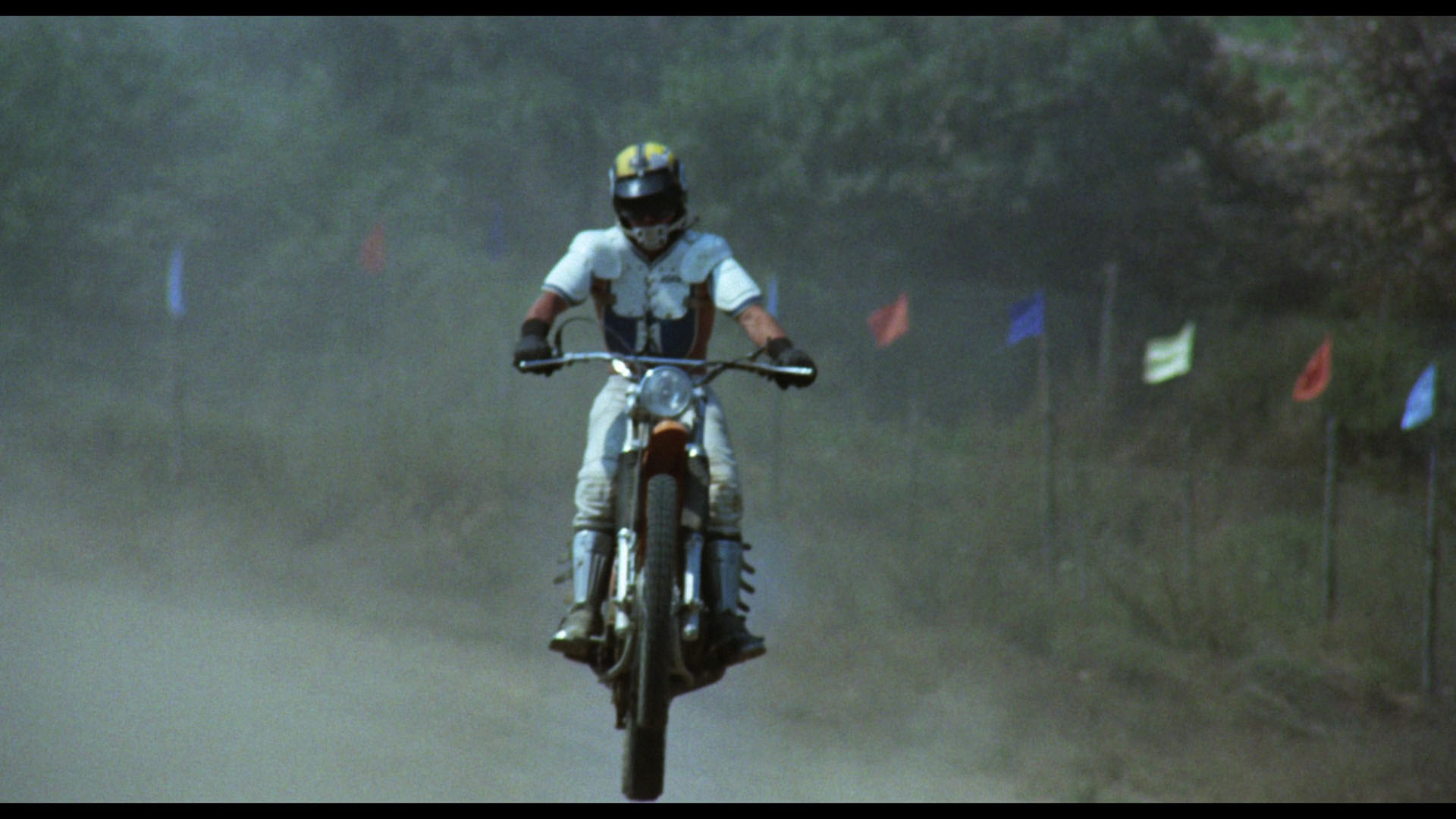 out to have a real affinity for ruthlessness, never hesitating when he has to pull out a knife or a gun without warning. His attempt to skim some money leads to a violent smackdown that has him craving revenge and the formation of his own criminal organization, a path that's
out to have a real affinity for ruthlessness, never hesitating when he has to pull out a knife or a gun without warning. His attempt to skim some money leads to a violent smackdown that has him craving revenge and the formation of his own criminal organization, a path that's 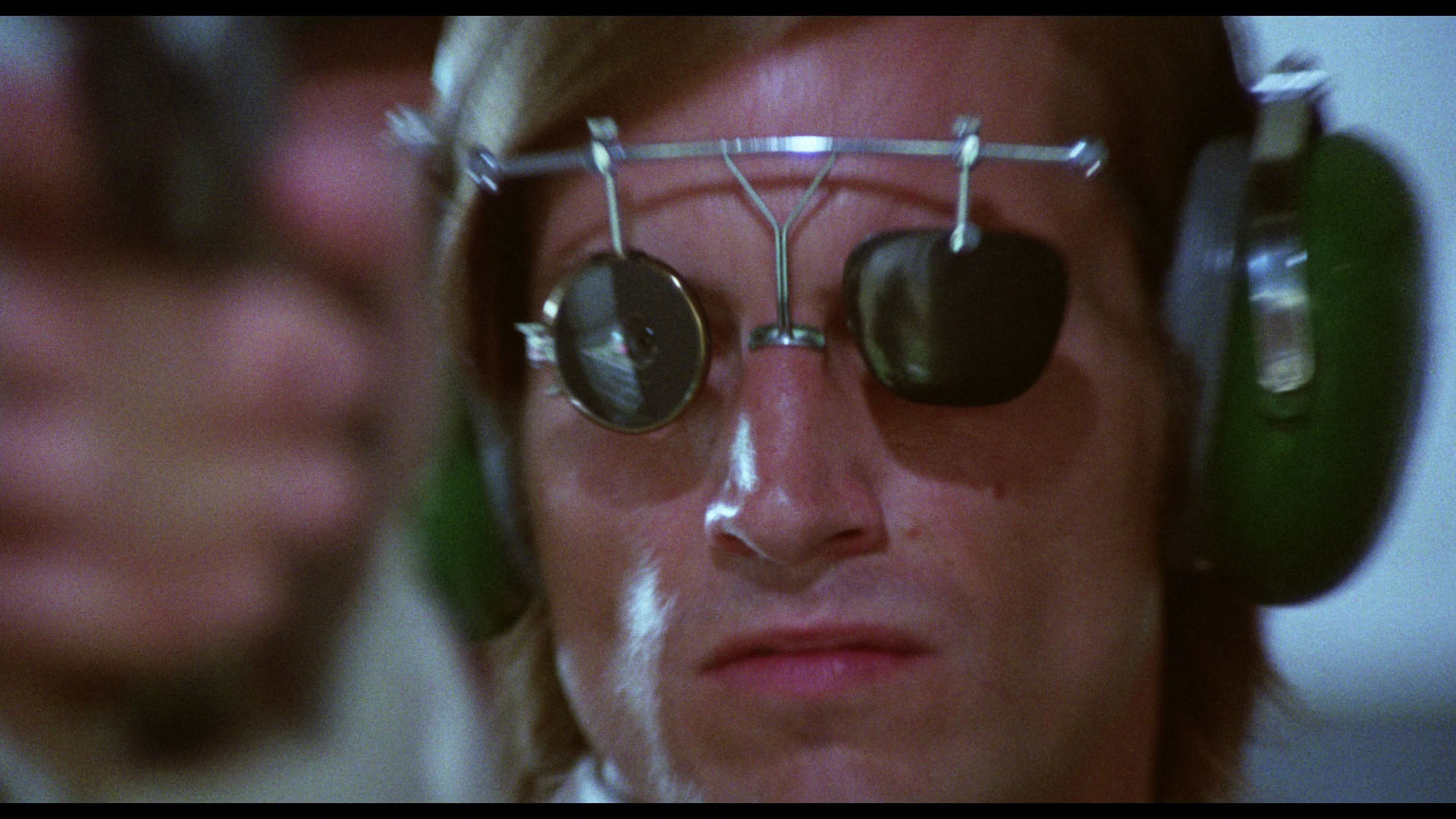 destined to go in a very dark direction.
destined to go in a very dark direction. 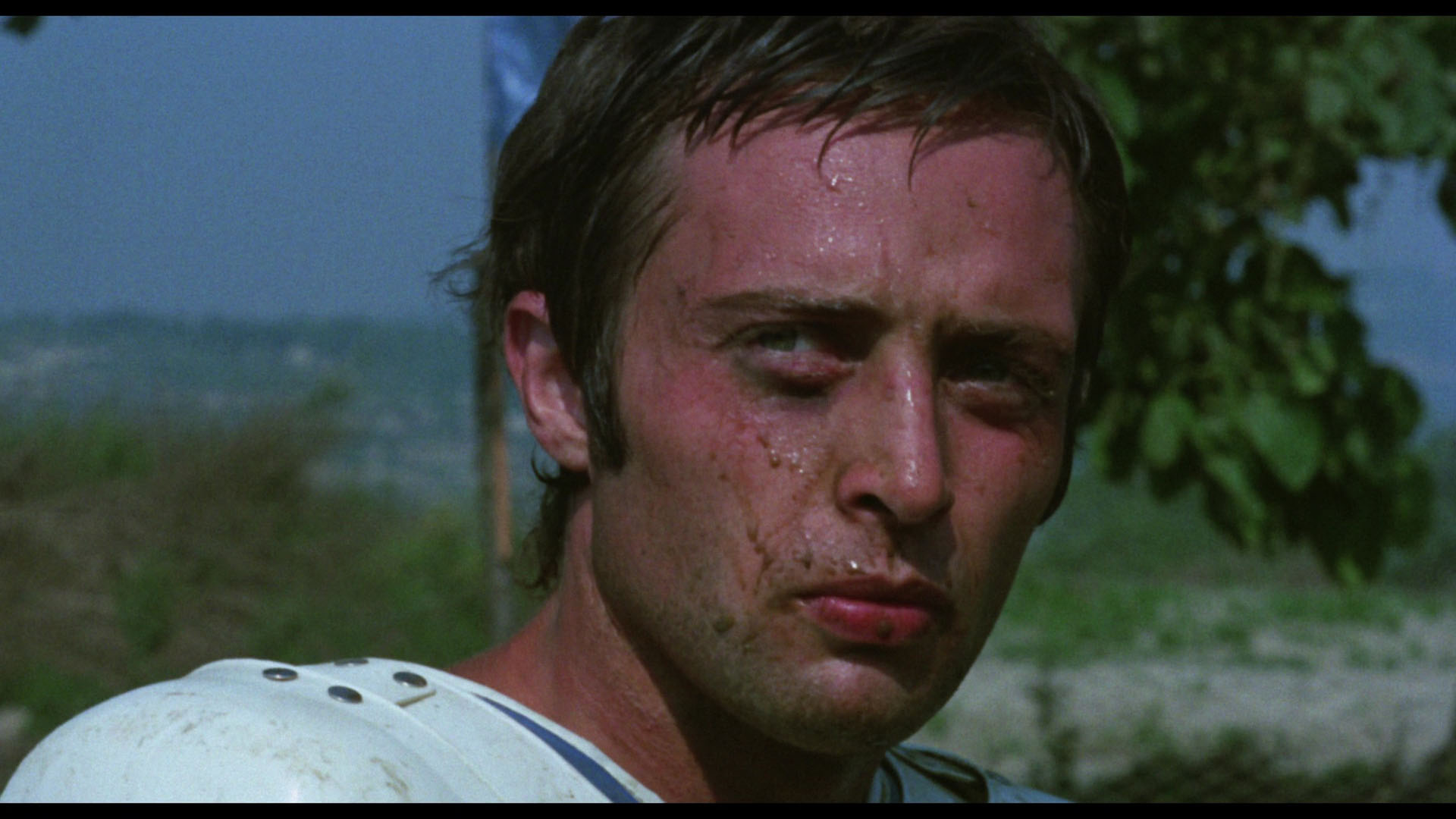 makes its Blu-ray and DVD debut in both the U.S. and U.K. from Arrow Video with a very organic, satisfying transfer that ranks up with the better Eurocrime presentations in recent years. It's not a particularly glossy-looking film, but film grain,
makes its Blu-ray and DVD debut in both the U.S. and U.K. from Arrow Video with a very organic, satisfying transfer that ranks up with the better Eurocrime presentations in recent years. It's not a particularly glossy-looking film, but film grain, 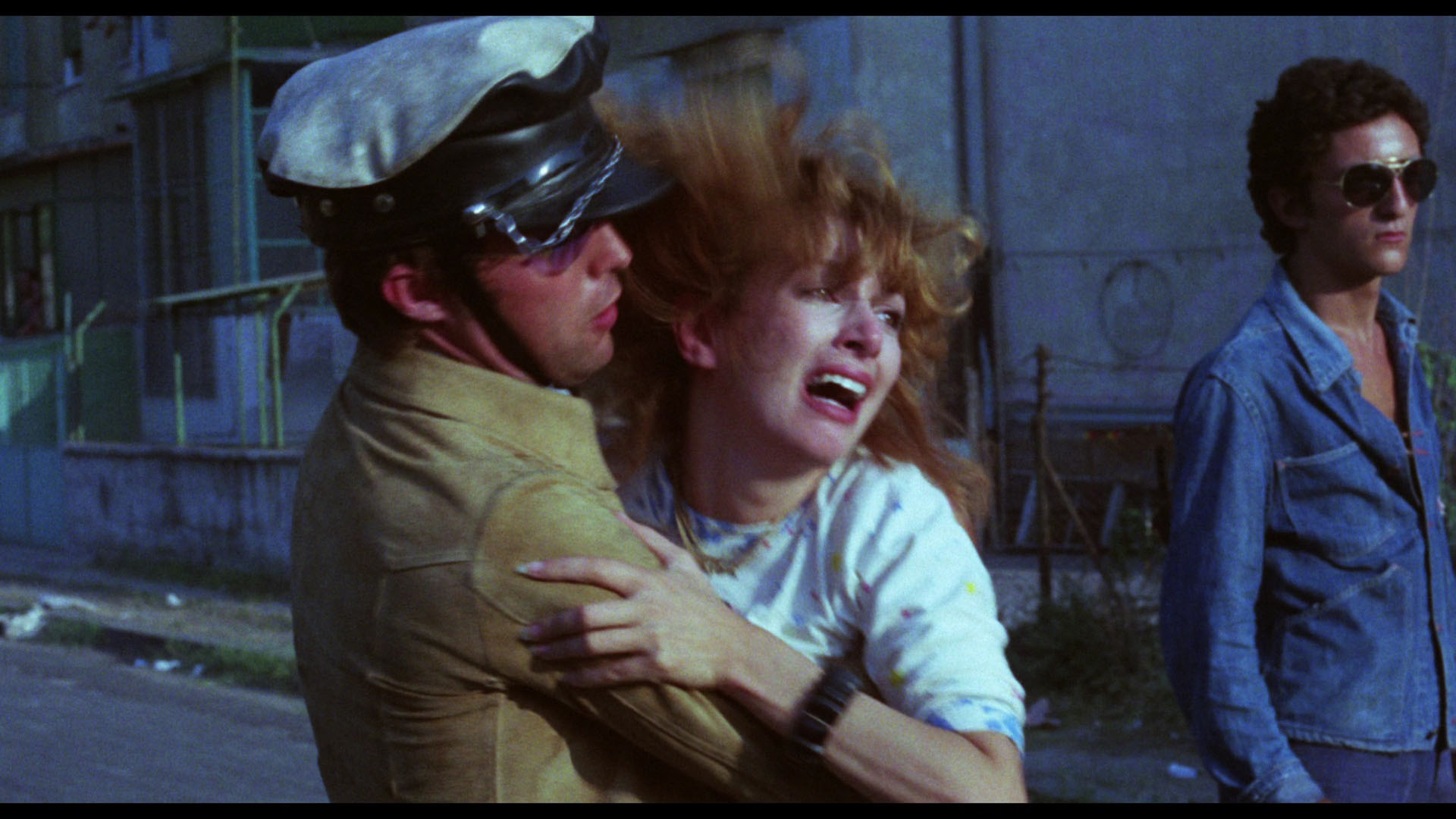 detail, and color schemes all look accurate and impressively rendered. Both the Italian and English tracks are included (DTS-HD MA mono), and it's a bit of a toss up as to which one is preferable. Both are dubbed throughout (Dallesandro's real voice is nowhere to be heard), but most of the cast was clearly speaking English on set so that one's usually in sync. Optional subtitles are provided for both tracks, and it's interesting to see how radically different the Italian one is at times with entire lines and even brief conversations included that are absent entirely from the English track. The sole video extra -- and it's a good one -- is "Little Joe's Adventures in Europe" (28m39s), an earthy and entertaining tour through the actor'sEuropean cinema adventures starting with Paul Morrissey bringing him to Italy for Flesh for Frankenstein and Blood for Dracula. He also talks about his ongoing relationship with the fiery Casini (whom he dated and also acted with in Dracula), his adapting to Borowczyk's La Marge by offering to do nudity when Sylvia Kristel "wanted to be a nun" and keep her clothes on, and alternating art projects in France (e.g., Je t'aime moi non plus and Black Moon) with "shoot 'em ups" in Italy like Season for Assassins. His stories about getting along with Serge Gainsbourg because they both drank a lot are memorable, too, and he doesn't hold back about being ripped off on one later project.
detail, and color schemes all look accurate and impressively rendered. Both the Italian and English tracks are included (DTS-HD MA mono), and it's a bit of a toss up as to which one is preferable. Both are dubbed throughout (Dallesandro's real voice is nowhere to be heard), but most of the cast was clearly speaking English on set so that one's usually in sync. Optional subtitles are provided for both tracks, and it's interesting to see how radically different the Italian one is at times with entire lines and even brief conversations included that are absent entirely from the English track. The sole video extra -- and it's a good one -- is "Little Joe's Adventures in Europe" (28m39s), an earthy and entertaining tour through the actor'sEuropean cinema adventures starting with Paul Morrissey bringing him to Italy for Flesh for Frankenstein and Blood for Dracula. He also talks about his ongoing relationship with the fiery Casini (whom he dated and also acted with in Dracula), his adapting to Borowczyk's La Marge by offering to do nudity when Sylvia Kristel "wanted to be a nun" and keep her clothes on, and alternating art projects in France (e.g., Je t'aime moi non plus and Black Moon) with "shoot 'em ups" in Italy like Season for Assassins. His stories about getting along with Serge Gainsbourg because they both drank a lot are memorable, too, and he doesn't hold back about being ripped off on one later project. ![]()